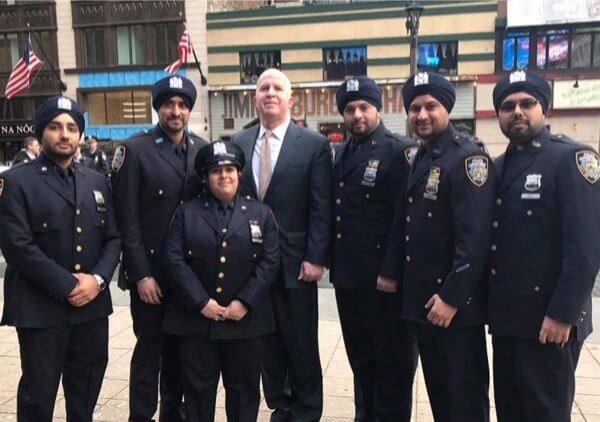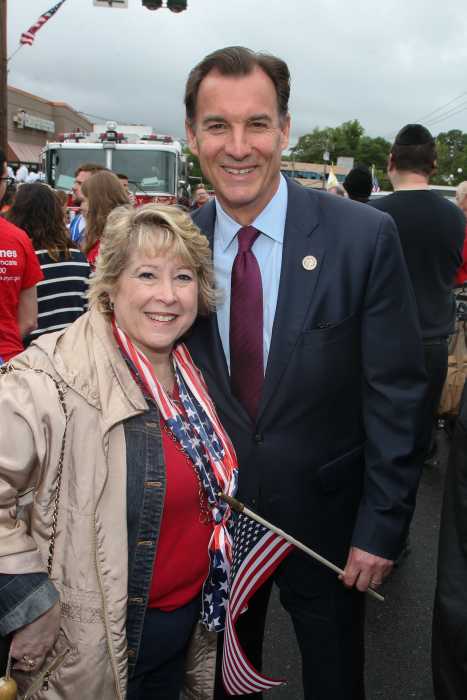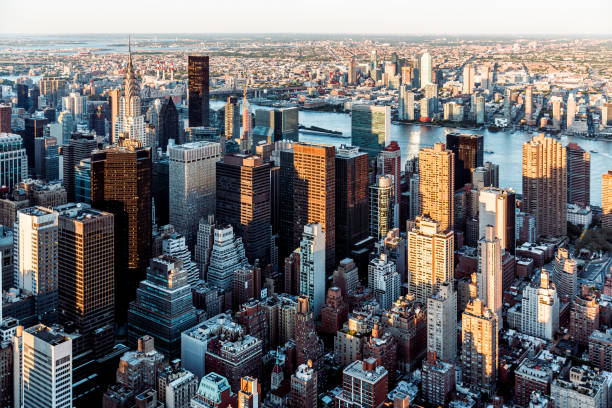By Mark Hallum
Police Commissioner James O’Neill has announced the department will allow observant Sikh officers to wear turbans and beards while on duty.
Following the NYPD graduation ceremony in Madison Square Garden Wednesday, O’Neill expressed hope that the regulation change will encourage more applicants from different cultural backgrounds.
Facial hair was banned for officers because it interferes with gas masks, and turbans could only be worn if they fit beneath service caps.
U.S. Rep. Joseph Crowley (D-Jackson Heights) said in a statement that allowing observant Sikhs to serve will strengthen police relations and law enforcement in neighborhoods which are predominately Sikh. The change will also send a strong message to those hoping to target Sikhs for hate crimes.
“This is good news. Allowing observant Sikhs to serve in the NYPD is not only the right thing to do, it will foster stronger relationships in our communities and strengthen the security of our city,” said Crowley. “At a time when Sikhs have been targeted for hate crimes, including in New York, it also sends a powerful signal that Sikhs are part of this great city and every bit as accepted as anyone else.”
Crowley has been an advocate for the change in military and police code to incorporate religious garb. He led a bipartisan coalition to urge the Department of Defense to allow Sikhs to serve in the U.S. military while in keeping with articles of faith.
State Assemblyman David Weprin (D-Fresh Meadows) said allowing Sikh-American officers to keep their religious observances promotes religious freedom in the workplace.
“As a longtime proponent of religious freedom and as the prime Assembly sponsor of the ‘Religious Garb’ bill in New York State, I believe no one should have to choose between their religion and profession; and all Americans of all faiths should be allowed to freely exercise and display their religious choice at their place of employment,” Weprin said.
The “Religious Garb” bill gained traction among the Bangladeshi American Advocacy Group in 2015 and would prohibit discrimination in the workplace.
Reach reporter Mark Hallum by e-mail at mhall



































